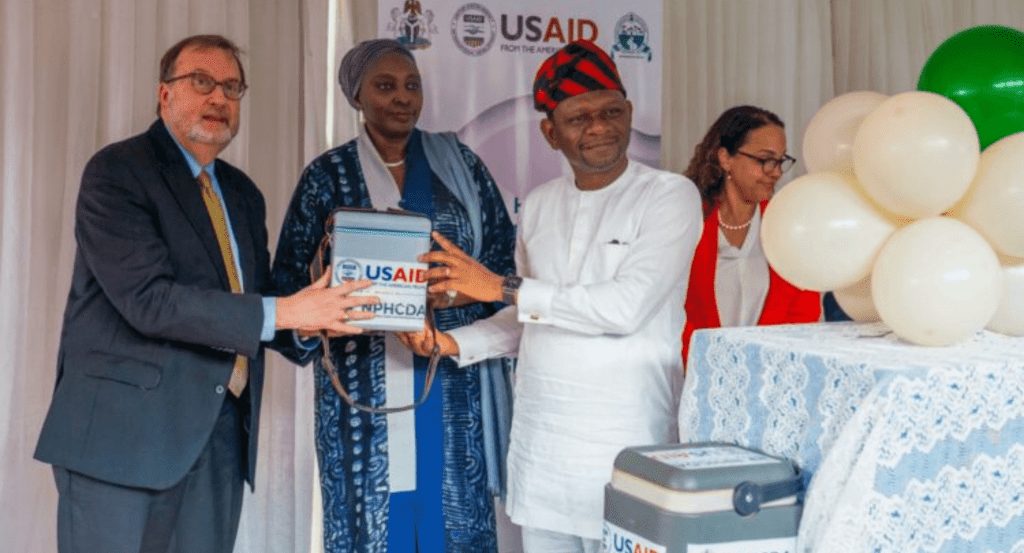The Nigerian government has initiated the rollout of the Mpox vaccine in Rivers State and the Federal Capital Territory (FCT), Abuja. This marks a significant step in curbing the spread of the viral disease, which has seen sporadic outbreaks in recent years.
In Rivers State, the vaccination campaign was officially launched on November 27, 2024. The state’s Ministry of Health confirmed that the vaccine is now available at designated health facilities. Health Commissioner Dr. Adaeze Chinda emphasized the importance of immunization, particularly for healthcare workers, individuals with compromised immune systems, and those in close contact with confirmed Mpox cases.
Simultaneously, the Federal Government commenced a similar vaccination drive in the FCT. The Director of Public Health at the Federal Ministry of Health, Dr. Alex Okoh, highlighted the importance of vaccinating vulnerable populations to prevent the disease’s resurgence. Dr. Okoh also noted that the vaccine is a critical component of Nigeria’s strategy to contain Mpox outbreaks and protect public health.
Mpox, formerly known as Monkeypox, is a viral zoonotic disease characterized by fever, rash, and swollen lymph nodes. It spreads through close contact with infected individuals, animals, or contaminated materials. While it is generally less severe than smallpox, it can lead to serious complications in immunocompromised individuals and young children.
According to the Nigeria Centre for Disease Control (NCDC), the country has recorded several Mpox cases in 2024, underscoring the need for proactive measures. Vaccination is now being integrated into broader public health efforts, including awareness campaigns and surveillance systems.
Dr. Chinda and Dr. Okoh both urged the public to take advantage of the free vaccination program. They also advised continued adherence to preventive measures such as regular handwashing, avoiding contact with infected individuals, and reporting suspected cases promptly.
The vaccination campaign is part of Nigeria’s comprehensive effort to achieve a healthier population by addressing emerging and re-emerging diseases. The government, in collaboration with international partners, has prioritized the availability of vaccines to ensure that communities at risk receive adequate protection.






















